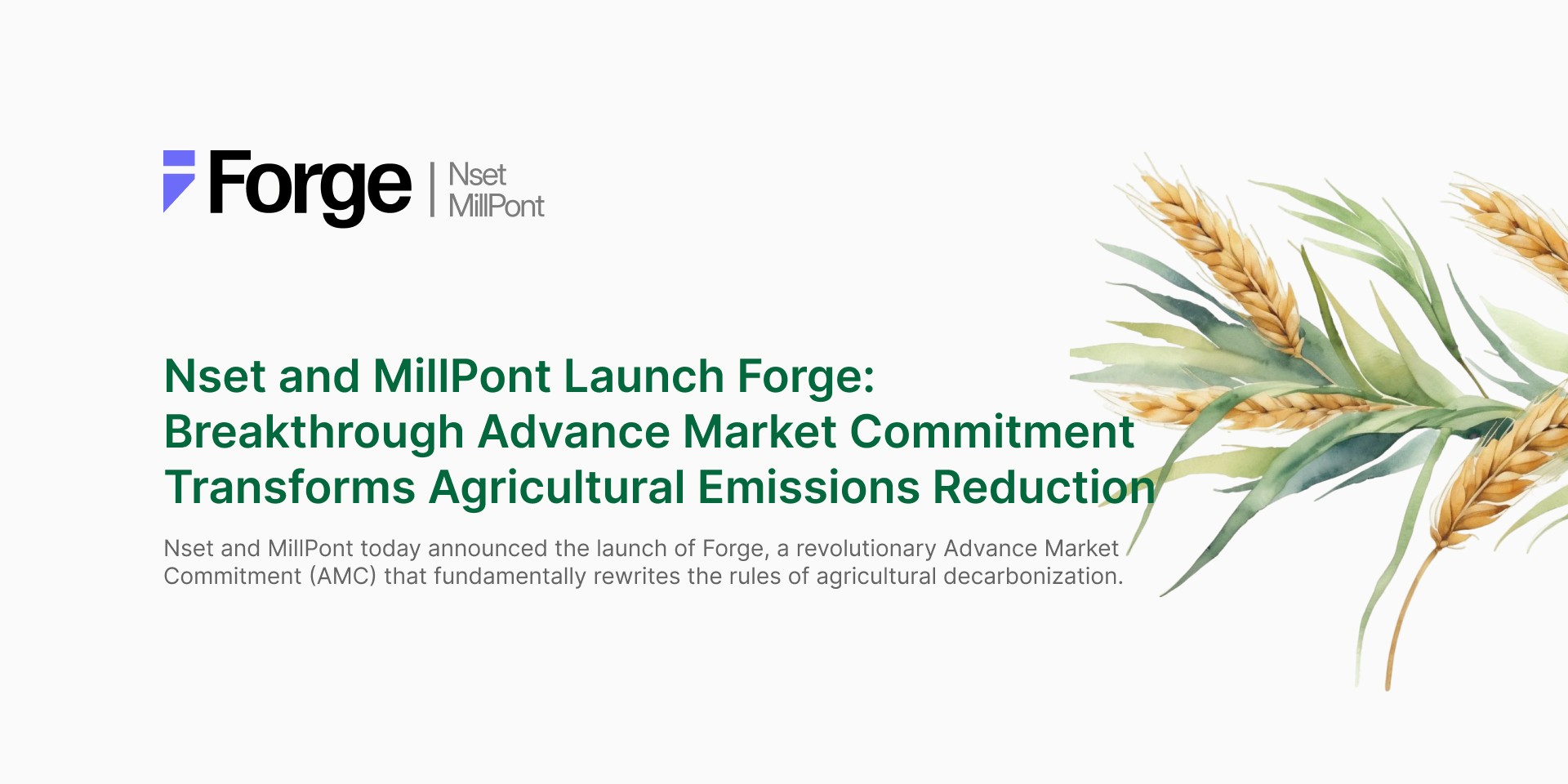Navigating Sustainable Supply Chain Regulation
Dienstag, 23. April 2024
Organizations are coming under increasing pressure to decarbonize their supply chains to align with global climate targets. This particularly impacts the agriculture sector, which accounts for roughly 12% of annual global emissions.
While standards like the Science Based Targets Initiative (SBTi) engage organizations in setting voluntary net zero targets, regulations are now emerging that mandate change and attach consequences to inaction.
The need to adhere to these regulations has the potential to turbo charge decarbonization of agricultural products, as integrating low carbon solutions will become key to creating resilient, cost effective supply chains.
In this post we break down:
🔑 Key supply chain regulations
🧱 Barriers to compliance
💚 Towards effective implementation
🔑 Key supply chain regulations
Three significant regulations are currently shaping the move towards low carbon supply chains, each addressing different aspects of environmental impact and sustainability.
European Union Deforestation Regulation (EUDR)
This regulation is designed to curb Europe's contribution to global deforestation, aiming to save 32 million tonnes of CO2 annually. Achieving this will involve ensuring that commodities like soy, palm oil and timber entering the EU do not originate from deforested land after 2021.
The EUDR therefore mandates due diligence for companies to prove that their supply chains are deforestation-free. This will influence agricultural practices globally, accelerating a shift towards agroforestry and other sustainable approaches.
Failure to comply will result in fines of up to 4% of an organizations EU turnover, confiscation of products and potential exclusion from public procurement processes.
Corporate Sustainability Due Diligence Directive (CSDDD)
The CSDDD will enforce corporate responsibility throughout full supply chains, requiring companies to identify, prevent, mitigate, and account for human rights violations and environmental harms. This directive stresses the importance of sustainability in corporate governance and operations, pushing companies to overhaul their supply chain management to avoid regulatory penalties.
The directive will apply to companies with more than 1000 employees and a turnover over €450 million, with the largest companies having less time to comply than smaller. Enforcement will be voted on during the European Parliament’s plenary session on 24 April 2024.
Corporate Sustainability Reporting Directive (CSRD)
While the CSDDD concentrates on due diligence, the CSRD aims to improve supply chain transparency by mandating comprehensive sustainability reports from companies operating within the EU. Companies will have to apply the new rules in the 2024 financial year, informing reports published in 2025.
It will affect nearly 50,000 companies in the EU, requiring detailed reporting on environmental and social impacts. This includes the disclosure of carbon emissions, which will push companies to adopt more transparent and sustainable practices to meet shareholder and stakeholder expectations.
Check out these regulations out side by side 👇

🧱 Barriers to compliance
Meeting these impending regulations remains fraught with multiple challenges, especially for agricultural products.
Uncertain and evolving landscape
The EUDR and CSDDD still face potential changes to their deadlines and criteria, which may cause confusion and delay in their implementation. This is exacerbated by sustainability officers and ESG teams already facing a complicated landscape of different reporting requirements, making clarity key before resources are committed.
Not enough data
Many suppliers of agricultural products in large supply chains, especially in developing countries, lack the capacity to provide precise emissions data. This makes it difficult for the organizations purchasing these products to assess and report their own supply chain emissions accurately, complicating compliance with regulations like the CSRD.
Complex supplier networks
Agricultural supply chains often involve numerous small producers, each with different practices and capabilities. Seeking to standardize low-carbon practices across such diverse operations therefore presents a significant hurdle.
Resource constraints
Particularly for smaller suppliers, the financial and technical resources required to implement sustainable practices and reporting mechanisms are often lacking. This is compounded by the need for training and development to understand and implement new regulatory requirements. These issues can lead to greater inequality between large and small farmers, causing regulations to adversely affect the diversity and resilience of agricultural supply chains.
Divergent reporting standards
Without a universal standard for emissions measurement and reporting, organizations often find themselves navigating a patchwork of regional and international standards, complicating global operations and compliance strategies.
💚 Towards effective implementation
There are several tools that organizations can leverage to begin to overcome these barriers.
Technology Solutions
Technology plays a critical role in simplifying compliance processes, including the automation of data collection, risk assessment, and reporting. This helps ensure greater accuracy, efficiency, and scalability in managing reporting requirements.
Digital MRV tools will be key to accelerating global compliance, enabling accurate, real-time monitoring of a supply chain’s environmental impact. Live data collection also creates exciting new opportunities for developing sustainable commodities right within an organization’s supply chain, as benefits can be directly attributed to a product. Resulting carbon savings can then be sold as credits, generating revenue.
Due diligence tools can be used to enable tracking and managing supply chains, crucial for CSDDD compliance, while sustainability reporting software that automates the data aggregation and reporting process will be crucial for meeting CSRD standards.
Regulatory Updates and Workshops
Keeping abreast of regulatory changes is crucial for companies to ensure ongoing compliance. Beyond existing online guidance, regulatory updates and workshops provide vital information on new and evolving requirements, practical compliance strategies, and insights from regulatory bodies.
Examples include European Commission webinars, which generally follow the introduction of significant directives like the CSDDD and CSRD. These events are designed to clarify the directives' requirements and help businesses understand the implications for their operations.
Additionally, industry conferences such as the annual European Corporate Governance Conference often include sessions on regulatory changes affecting corporate sustainability and due diligence. These sessions offer practical insights and networking opportunities that can aid compliance.
✅ Get your complementary supply chain decarbonization report
Nset would like to optimize the decarbonization of your supply chain by offering a free, fully-personalized insetting report! This will help you understand hotspots for implementing sustainable actions and the ROI of pursuing these actions.
If you have a sustainability or ESG report for your company simply submit it here and we will do the rest! No catch, just great insights.



